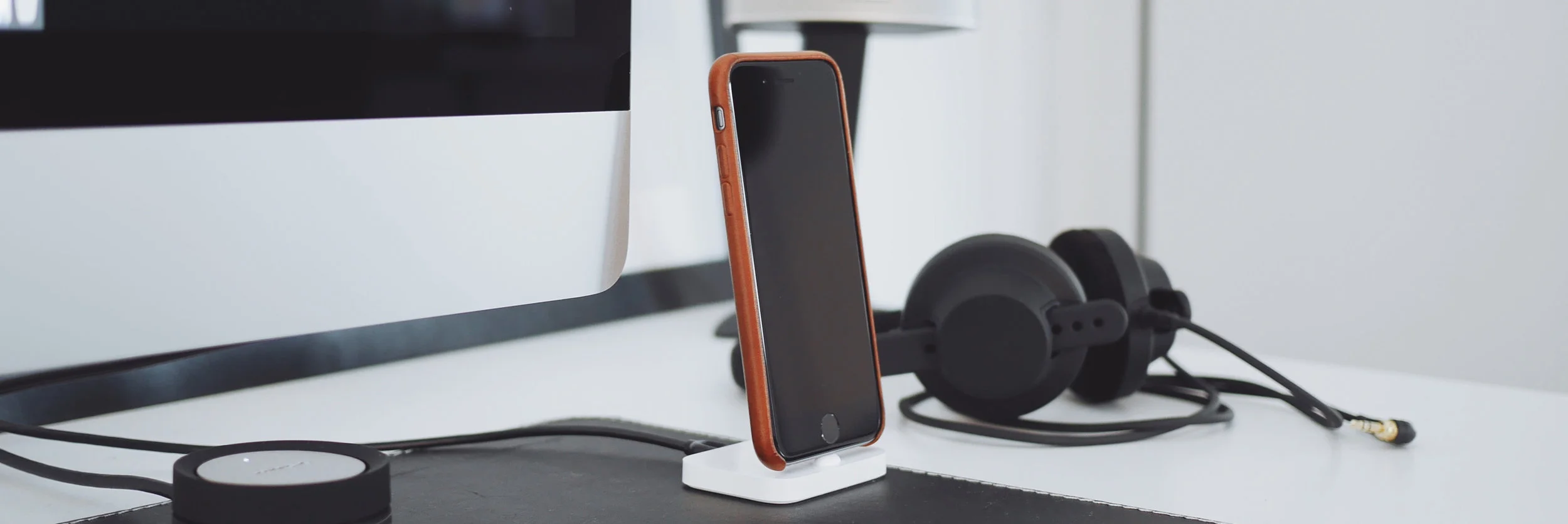In a post I wrote for my friends at Attorney at Work back in December dealing with the issue of productivity, I explained that “work is like fitness — it’s best done in short bursts of intensity, followed by periods of rest and recovery. So start the day with a sprint.”
It’s easy to get into the office and start ticking off the easy stuff. It can be satisfying to immediately dig into email and begin volleying correspondence back and forth with clients, colleagues and adversaries. It’s busywork, and busy feels productive.
The problem, of course, is that the moment you get through your inbox, a new batch of messages is waiting for you. Before you know it, 6 p.m. rolls around and the brief, presentation or transaction that you need to get done for the next day hasn’t even been started.











